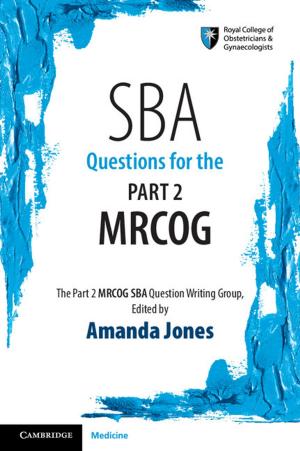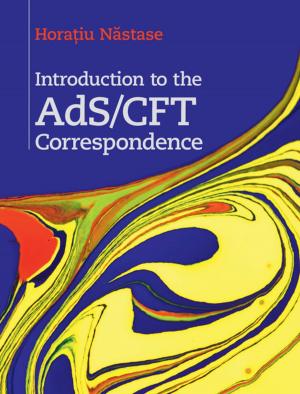Phylogenetic Inference, Selection Theory, and History of Science
Selected Papers of A. W. F. Edwards with Commentaries
Nonfiction, Science & Nature, Science, Biological Sciences, Genetics, Mathematics| Author: | ISBN: | 9781108613989 | |
| Publisher: | Cambridge University Press | Publication: | June 30, 2018 |
| Imprint: | Cambridge University Press | Language: | English |
| Author: | |
| ISBN: | 9781108613989 |
| Publisher: | Cambridge University Press |
| Publication: | June 30, 2018 |
| Imprint: | Cambridge University Press |
| Language: | English |
A. W. F. Edwards is one of the most influential mathematical geneticists in the history of the discipline. One of the last students of R. A. Fisher, Edwards pioneered the statistical analysis of phylogeny in collaboration with L. L. Cavalli-Sforza, and helped establish Fisher's concept of likelihood as a standard of statistical and scientific inference. In this book, edited by philosopher of science Rasmus Grønfeldt Winther, Edwards's key papers are assembled alongside commentaries by leading scientists, discussing Edwards's influence on their own research and on thinking in their field overall. In an extensive interview with Winther, Edwards offers his thoughts on his contributions, their legacy, and the context in which they emerged. This book is a resource both for anyone interested in the history and philosophy of genetics, statistics, and science, and for scientists seeking to develop new algorithmic and statistical methods for understanding the genetic relationships between and among species both extant and extinct.
A. W. F. Edwards is one of the most influential mathematical geneticists in the history of the discipline. One of the last students of R. A. Fisher, Edwards pioneered the statistical analysis of phylogeny in collaboration with L. L. Cavalli-Sforza, and helped establish Fisher's concept of likelihood as a standard of statistical and scientific inference. In this book, edited by philosopher of science Rasmus Grønfeldt Winther, Edwards's key papers are assembled alongside commentaries by leading scientists, discussing Edwards's influence on their own research and on thinking in their field overall. In an extensive interview with Winther, Edwards offers his thoughts on his contributions, their legacy, and the context in which they emerged. This book is a resource both for anyone interested in the history and philosophy of genetics, statistics, and science, and for scientists seeking to develop new algorithmic and statistical methods for understanding the genetic relationships between and among species both extant and extinct.















